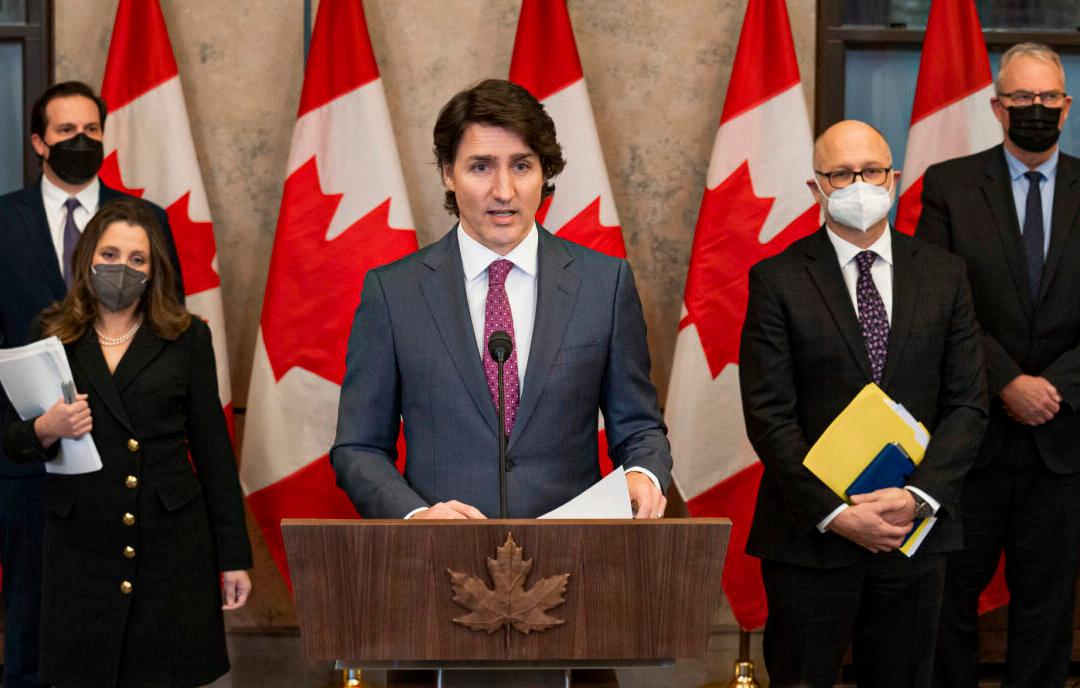As Ottawa negotiates a free trade agreement with China, critics warn the Liberals are rushing into a bad deal when it comes to Canada’s long-term economic growth and advise pursuing stronger trade ties with democratic countries that respect human rights.
With the United States moving toward protectionism, the Trudeau government is aiming to strengthen ties with the world’s second-largest economy through a free trade agreement. Canada’s ambassador to China, John McCallum, has said the deal will bring jobs to middle class workers and stimulate the economy.
But Official Opposition leader Andrew Scheer says not only is the government avoiding bringing human rights to the table in negotiations, there are also concerns over how a free trade deal with China would benefit the economy in the long term. He says Canada would be wiser to bolster trade ties with countries that have similar values and institutions.
“The United Kingdom leaving the European Union now presents a wonderful opportunity for Canada—that’s some low-hanging fruit,” Scheer said in an interview.
“They have the same free market principles, they have the similar securities legislation, transparency, government oversight of the banking sector, monetary policy. It should be a natural fit—for heaven’s sake we have the same head of state.”
Scheer said the government should also pursue establishing deeper ties with other democratic nations in the Asia Pacific to encourage China to play by the same principles. He added it’s important to develop trade growth with China but in a way that puts the interests of Canadians first.
“I believe that a free trade deal that would allow unfettered access to the Canadian economy with a country that still has a huge percentage of economic activity being conducted by state-owned enterprises, which do not make decisions based on traditional free market processes, [would be bad for Canada]” he said.
“Added to that, the fact they have so far to go on everything from safe working conditions to environmental regulations, it would be a very unlevel playing field with Canadian manufacturers and Canadian workers.”





